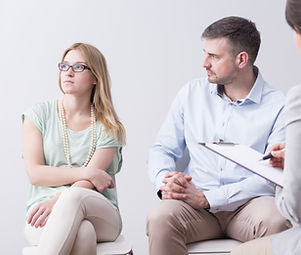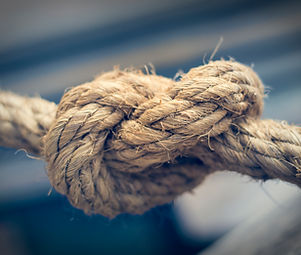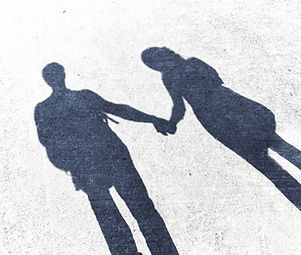
LEGAL & COURT
Individuals with disabilities may need to address disputes with others about capacity, competency, financial, medical, housing, business and other matters that involve legal contracts and court orders.
SMALL CLAIMS
Landlord/tenant, consumer/business, neighbor/neighbor, warranty compliance
CRIMINAL
Breach of contract, property damage, misdemeanors and harassment
SURROGATES AND GUARDIANSHIP
Relationships, roles, responsibilities and decision making
JUVENILE JUSTICE
Reparations, re-entry and restoration
Conflicts related to enforcing laws and regulations, protecting human rights and responding to criminal behaviors can be especially challenging for everyone involved. Even thinking about how to address and resolve these conflicts can be overwhelming, time consuming and stressful. Identifying and resolving potential or existing issues often involve the expense of courts or related legal systems such attorneys and other services. Increasingly, in some situations, people are referred to ADR processes to work separately or in concert with those legal services.
Community Dispute Resolution Centers offer mediation, restorative practices and youth services that can help you work through issues around outstanding debt, misdemeanor criminal charges and disagreements over contracts. You can take advantage of ADR services for any situation, without or before you seek legal representation or file a court case. Once you have filed a case, many courts may also suggest or refer you to participate in an ADR process.
People involved with legal disputes may want to consider alternative dispute resolution before or after hiring an attorney or filing in court
MEDIATION

Where professionally trained mediators help people discuss their concerns and differences in difficult decisions, situations, and relationships. During mediation sessions, people are encouraged to raise issues, express perspectives, share interests, discuss options, and develop their own solutions. As a result of mediation, people are better able to understand and cooperate with each other, and when possible, reach an agreement on how to move forward and resolve their issue(s).
CONFLICT COACHING

Where professionally trained coaches help people understand their conflict, express their concerns, and consider their options in difficult conversations, decisions, and situations. In one-on-one conflict coaching sessions, individuals can gain perspective about their situations and relationships. Conflict coaching is useful to prepare for mediation, circles and conferences, to help people identify their interests, issues and responses.
RESTORATIVE PRACTICES

Where professionally trained facilitators convene people involved by a situation or relationship for meeting together to develop community, identify shared or different needs, plan for changes, or address harm. In these meetings people are encouraged to build connections, share how they are affected by how things are, and explore ways to go forward. During circles and conferences, everyone included has opportunities to express their perspectives, discuss the situation and choose how they want to address their issues to best meet their concerns.
CONTACT US

